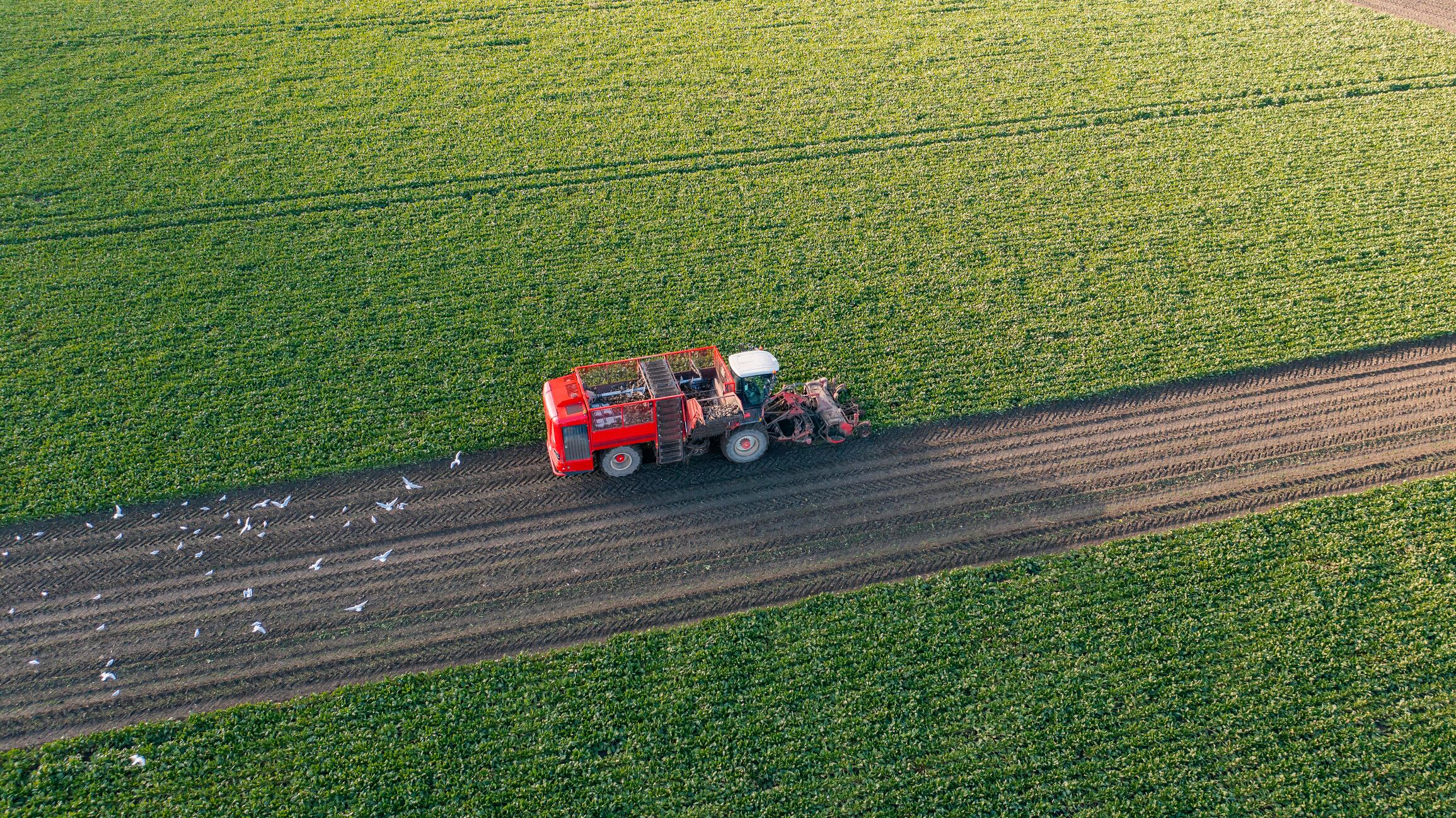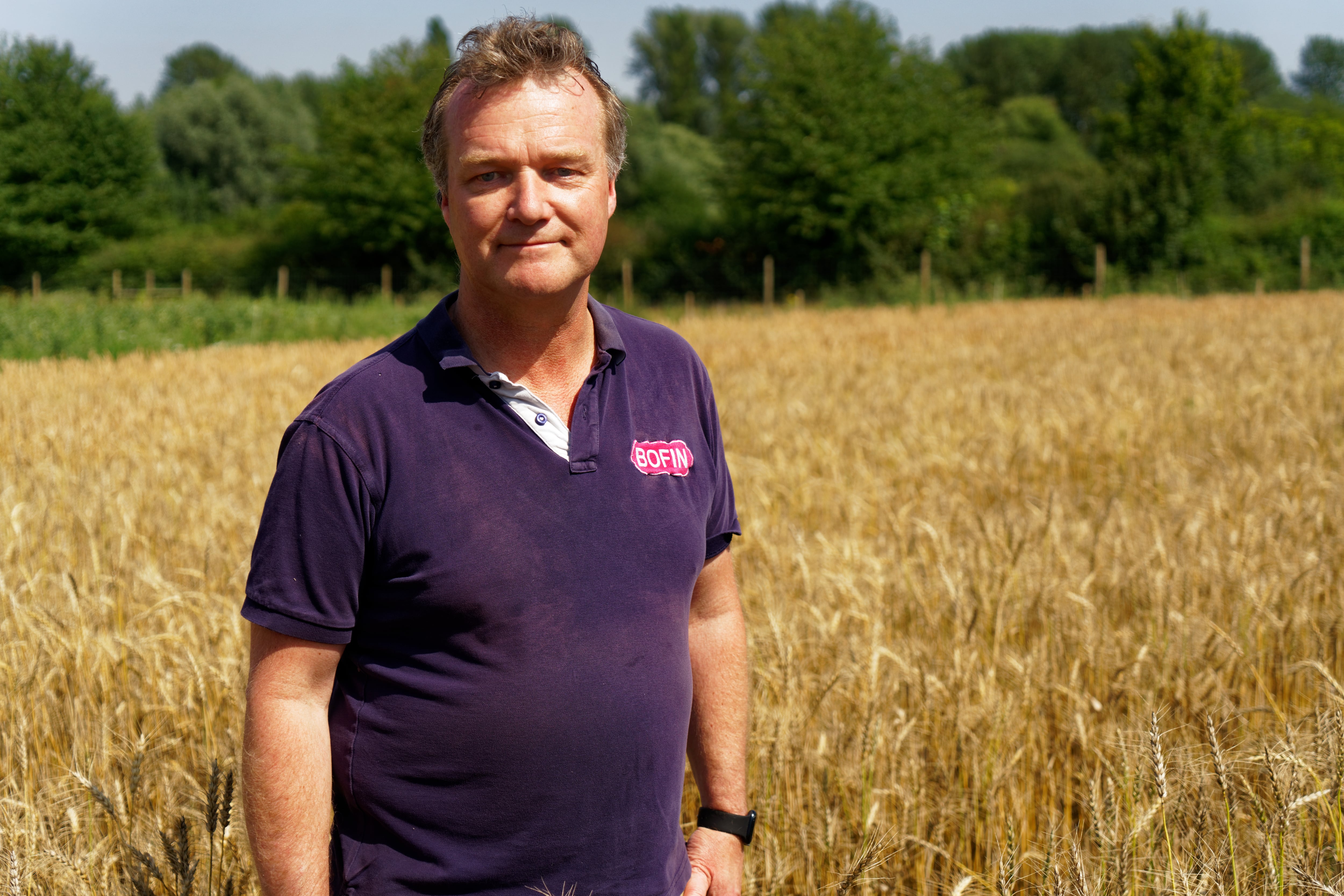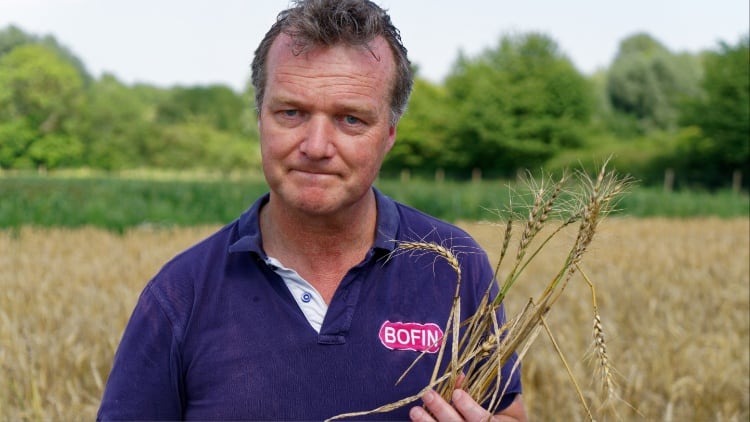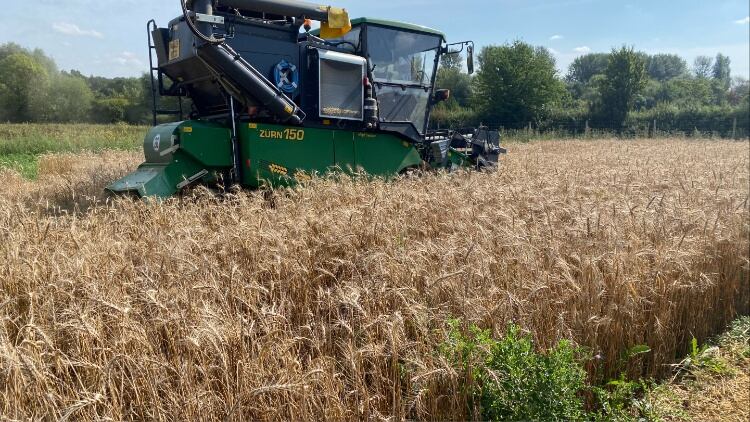A recent survey of UK adults, conducted by British Sugar, found that 69% of respondents were in favour of gene editing to create a sustainable and resilient future for British farming.
The majority of respondents that fell into the Gen Z demographic – recognised as being born between 1997 and 2010 – were in support of the use of gene editing in British farming.
Sustainability was a leading motivator among all age groups, with 44% citing green credentials as a key reason for backing gene editing. Affordability was another key motivator, with 50% emphasising the crippling costs of food in recent years as a key factor.
Regional divide
British sugar said the regional divide in the support for gene editing – 75% for in London, compared with 58% in the Southwest – suggested more education was needed to highlight the positive impact the technology can have on food production.
Dan Green, agriculture director at British Sugar, said: “The critical importance of access to food that is nutritious, affordable and available is an issue that affects us all. We are encouraged to see that consumers are embracing the potential of technology and innovation, and their role in farming and food for the future.
“Farming has always had to evolve to meet changing climates, ecosystems and public expectations, and gene editing is the next evolution for the future. It will help British farmers tackle the impact of climate change by creating stronger, disease-resistant crops, reducing the use of pesticides, improving yields and ensuring greater security for farmers and consumers alike.”
British Sugar is leading the sugar industry’s first agricultural research and development programme of its kind, aiming to ensure food security and preserve sugar beet farming across the UK.
Multi-million-pound project
In partnership with plant science institute the John Innes Centre (JIC), the multi-million-pound research project has been bolstered by government funding of £660,000, to further its research into how gene editing can be used to benefit the British sugar beet crop.
Professor Steven Penfield, Building Robustness in Crops programme Leader, John Innes Centre added: “The resilience of the UK’s food supply depends on our farmers and growers being able to sustainably and reliably grow their crops.
“Gene editing unlocks agricultural innovation, accelerating the development of new crop varieties with higher yields and enhanced pest and disease resistance, also enabling farmers to reduce the environmental impact of their agricultural practices.”
Meanwhile, earlier this year, the UK Government’s commitment to introducing the secondary legislation required for farmers in England to grow precision-bred crops was welcomed by partners in the PROBITY project.





